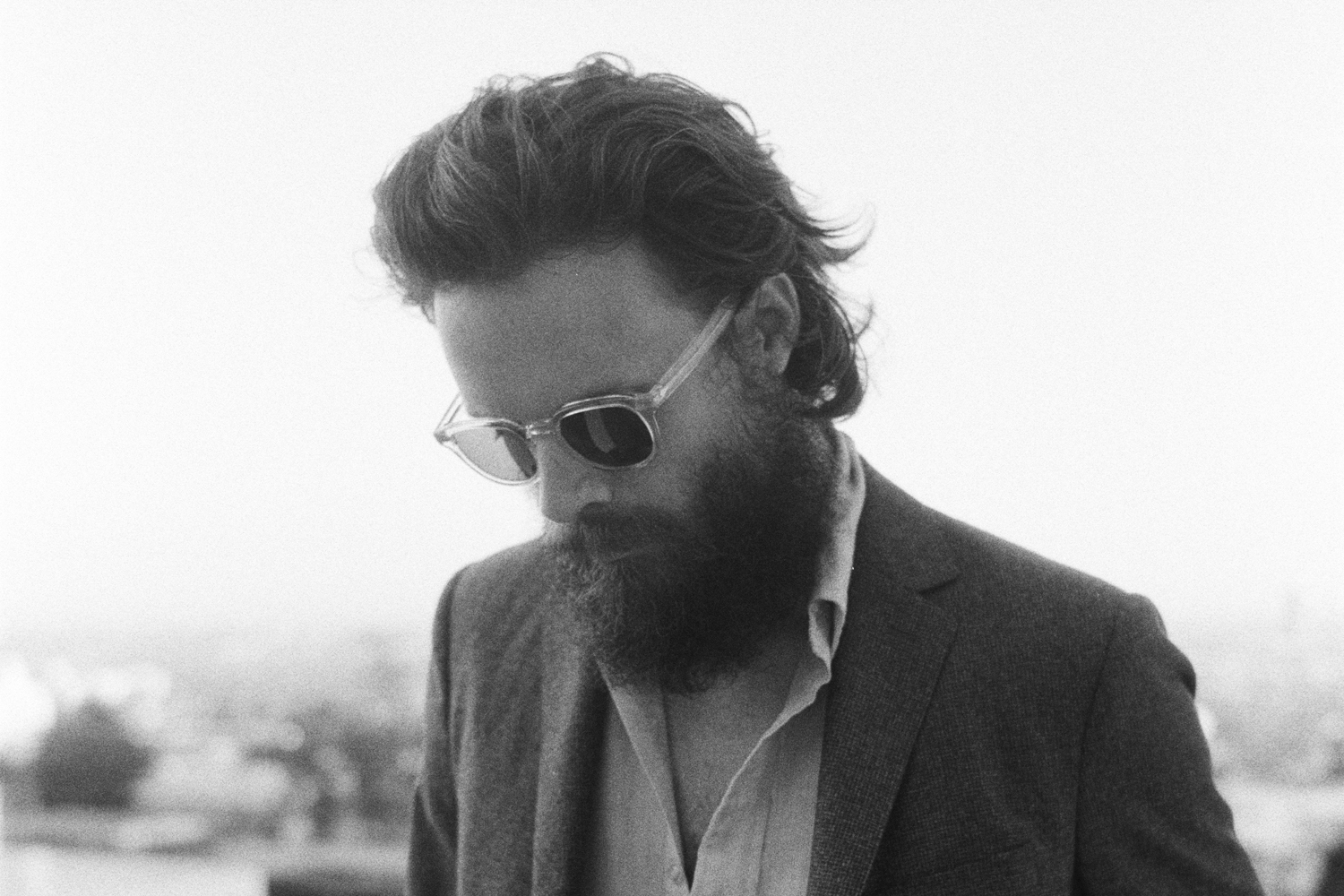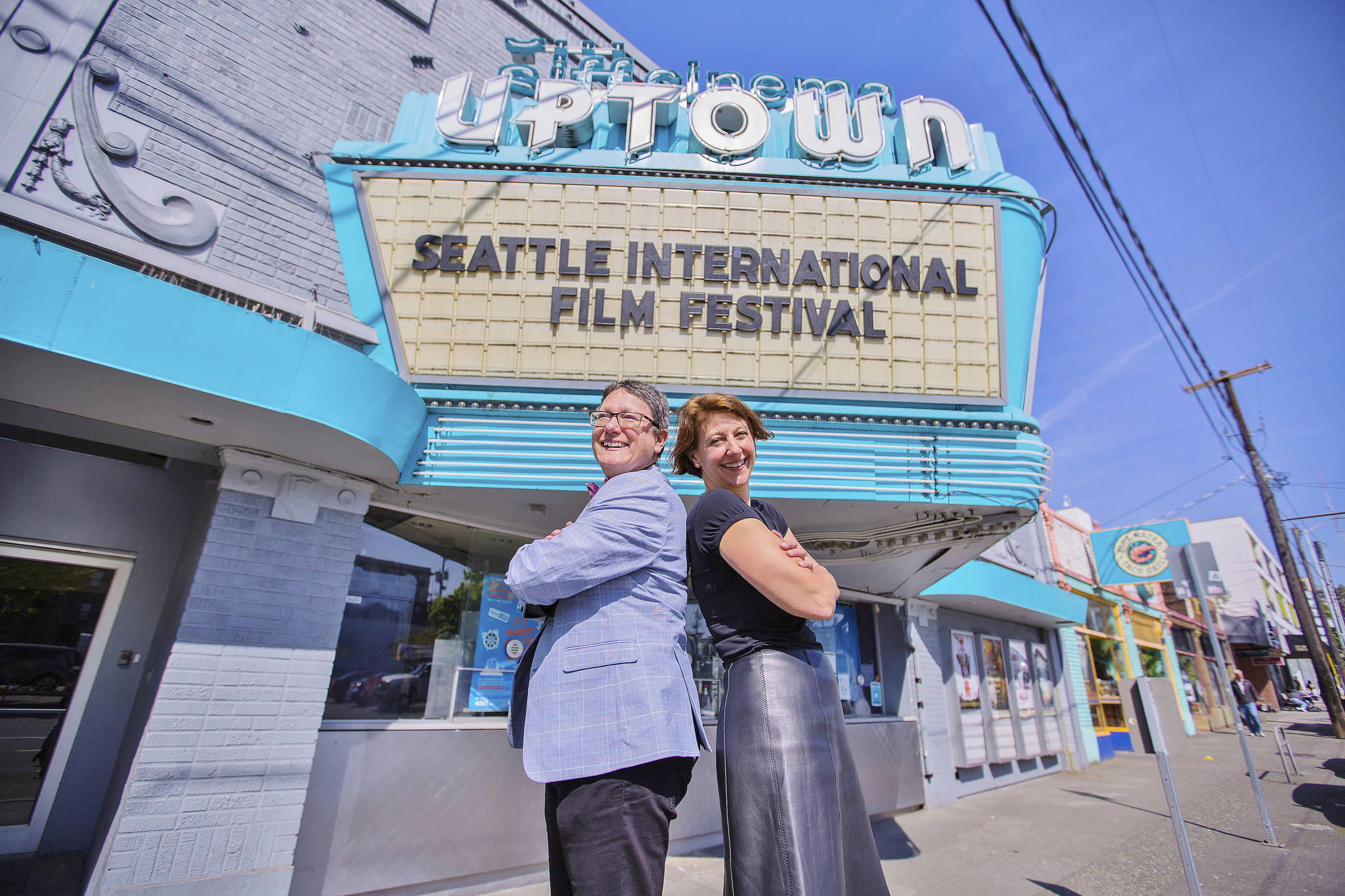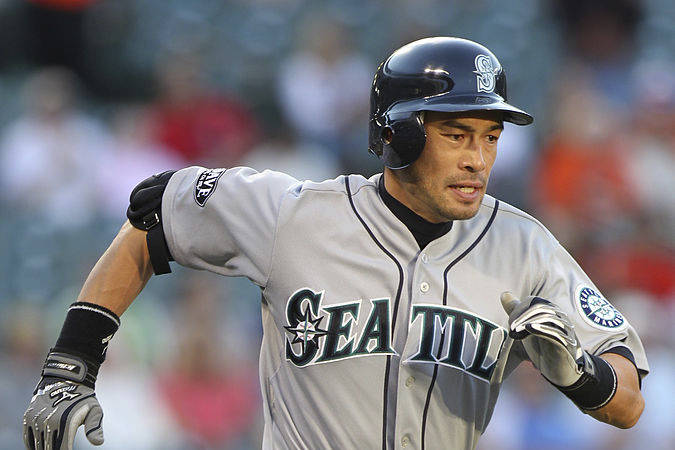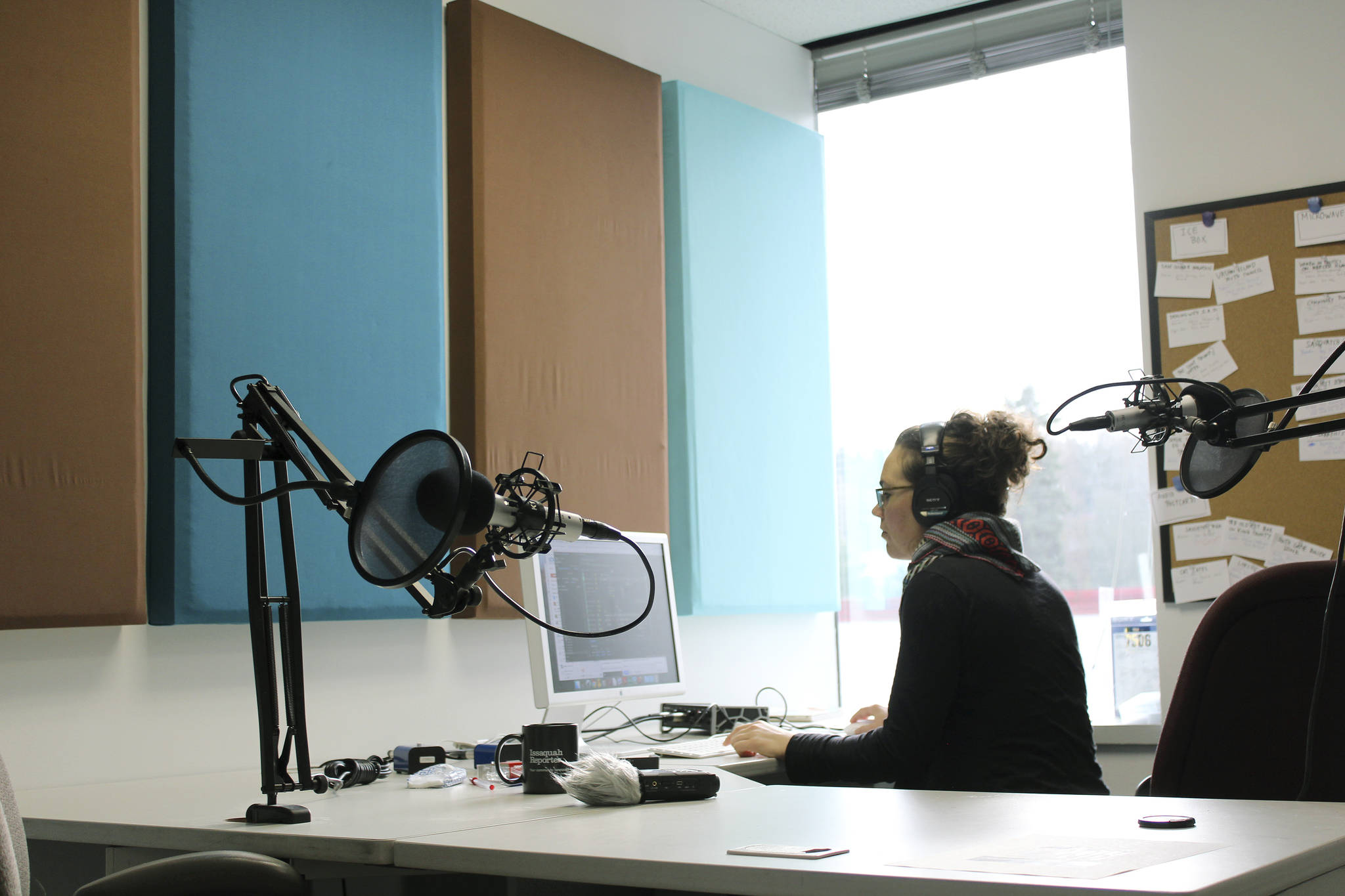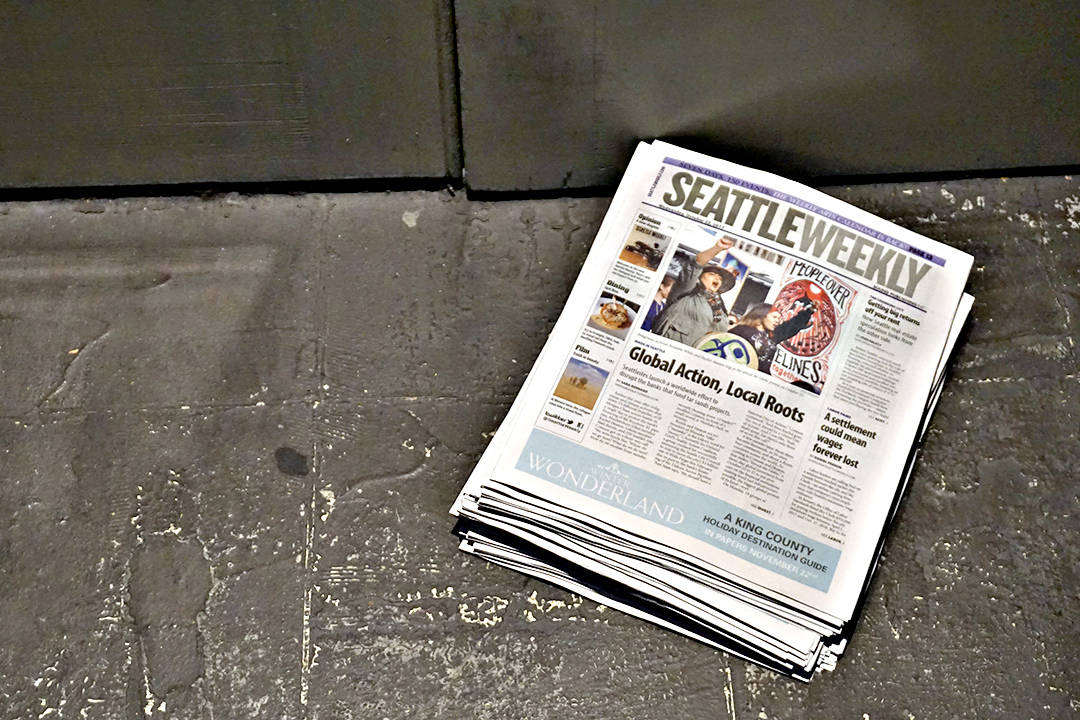Along with the shock and fear that immediately followed Donald Trump’s election came an attempt by some to identify a silver lining: “At least music will get better.”
It was a pat response at a time of perceived political crisis, a knee-jerk reaction from liberal-minded music fans who likely said the exact same thing at the start of the Iraq War in 2003. It is a notion that can be traced back to the early recordings of Depression-era blues and folk songs, hard-wired into pop culture during the 1960s counterculture, and given vibrant new life during the concurrent rise of conservative politics and punk rock in the late ’70s and early ’80s: that a culture under attack will call upon heretofore unknown talent and vision to craft brilliant art in an attempt to turn back the tides of war and oppression—whether or not it can.
The appeal to this idea in the immediate fallout of the election was met swiftly with scorn, and for good reason. There is no bright side to oppression, and such a quick turn away from the very real fears of those around us can be viewed as nothing less than a negation of those fears.
Yet there is another problem with this thesis in the time of Trump. The fact is that the new administration will be inheriting a raft of artists who have been bellowing against the bulwark for some time now, creating some of the most powerful music of the modern era. Kendrick Lamar comes to mind, as do Beyoncé, Solange, and Killer Mike. In western Washington alone we can look to Tacocat, Silas Blak, and G.L.O.S.S. as exemplars of pop-packaged political invective.
One of the things that these artists have in common is that they are women, queer, and/or people of color—all populations that have had to continue fighting for their rights in a way not required by straight, white, cisgender men. Yes, some white guys have written with an eye toward the political—Macklemore has his empathetic agitprop, Drive-By Truckers their social commentary, Father John Misty his absurdist protest—but such work is delivered at a remove. The music might sound important, but it rarely feels vital.
It is easy, then, to read these hopes for “good music” as hopes for “good music from white men.” And while it is unlikely that any white man could speak with authority to the threats a Trump presidency presents, it is almost certain that we will in fact see more white guys taking a stand, trying to say something in these uncertain times. There are already some hints of just such an awakening, even if the results are uneven.
While leading Green Day at the American Music Awards recently, Billie Joe Armstrong led a chant of “No Trump! No KKK! No Fascist U.S.A.!” It succeeded in capturing headlines—and any expression in opposition to fascism and white supremacy should be celebrated—but it is difficult to argue that the music was really that good. The whole episode dripped with a kind of deadening nostalgia and felt more like punk performance than mindful protest.
Father John Misty made a more subtle foray into the conversation and, arguably, had more success in speaking to these particular times with the release last week of a new song—a sketch, almost—called “Holy Hell.” “This thing’s got us all in its grip,” the former Seattleite sings over plaintive piano before concluding that “The world doesn’t end unless we want it to; there’s no one in control and it’s our life to choose.” That we could all believe that were true. SMooCH 2016 featuring Father John Misty, the New Pornographers, J Mascis. The Showbox, 1426 First Ave., 888-929-7849, showboxpresents.com. $52–$252. 21 and over. 5:30 p.m. Sat., Dec. 3.
mbaumgarten@seattleweekly.com
